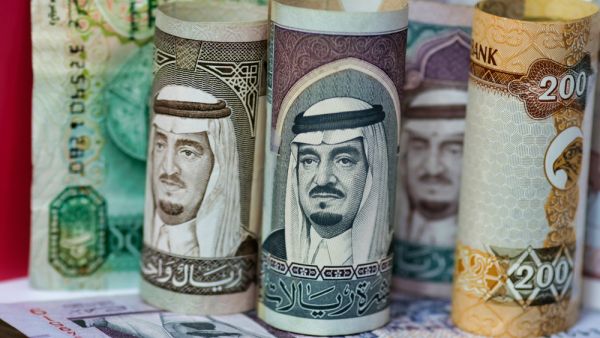“After suffering a major contraction in 2020, we expect aggregate real GDP growth of just 2.5 percent in the GCC economies between 2021 and 2023. We expect Brent oil prices to average $50 in 2021 and 2022 and $55 in 2023 and thereafter,” S&P Global Ratings Credit Analyst Timucin Engin said.
Corporate sectors, however, will continue to feel pressure, particularly the companies operating in tourism, aviation, real estate, and non-food retail, the report said.
“Given the operating outlook, we expect most corporates to maintain conservative strategies. Absent a substantial recovery in revenue generation, they are likely to focus on cost optimisation, proactively managing their liquidity and preserving their cash flows, while new investments will continue to take a back seat in most sectors,” it said.
The priority of GCC corporates this year will be to recuperate 2020 losses, while operating in a slow-growth environment. “We expect most companies will face revenue-growth challenges in 2021 amid a lack of visibility on the timing of recovery and COVID-19-related uncertainties,” Engin said.
S&P expects the recent resolution of the Qatar dispute to be positive for Qatar’s real estate and tourism sectors. “We think it is too early to expect demand for these two sectors to improve significantly. We still expect that a full recovery in the global aviation and tourism industries will take time; hence these sectors remain most exposed,” he said.
“We currently rate 32 corporate and infrastructure issuers in the GCC region. Reflecting the strong role governments play in the overall economic activity in the region, 17 of the 32 issuers we rate are government-related entities (GREs). The strong credit profiles of the sovereigns, such as Qatar, Abu Dhabi, Kuwait, and Saudi Arabia translate into high credit ratings for these GREs because we envisage potential support from their associated sovereigns,” the rating agency said.
After several rating downgrades in 2020, currently about 60 percent of our corporate and infrastructure ratings have a stable outlook.
As vaccine rollouts in several countries continue, S&P Global Ratings believes there remains a high degree of uncertainty about the evolution of the coronavirus pandemic and its economic effects.
Widespread immunisation, which certain countries might achieve by midyear, will help pave the way for a return to more normal levels of social and economic activity, S&P said in the report.
“While we expect economic growth to gradually recover, we think the size of the economies of most sovereigns in the region will still remain below their 2019 levels by 2022. As a result, GCC corporates are likely to continue to face broad-based pressures,” it said.
“Although we think that current conditions may challenge disposals of assets and valuations in distressed sectors such as real estate, oil field services, and retail, we are also seeing selective opportunistic transactions among the regional telecom operators,” the report said.

Corporate sectors will continue to feel pressure, particularly the companies operating in tourism, aviation, real estate, and non-food retail. (Shutterstock)
After a very challenging 2020 amid the COVID-19 pandemic and oil price shock, GCC economies are expected to grow moderately this year, according to a recent report by S&P.







